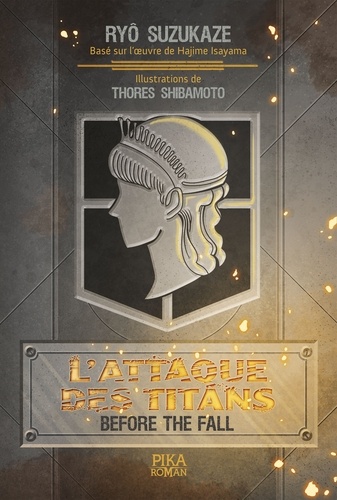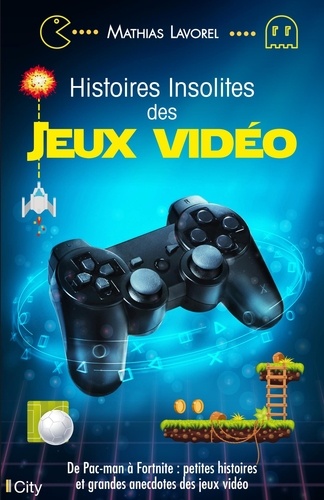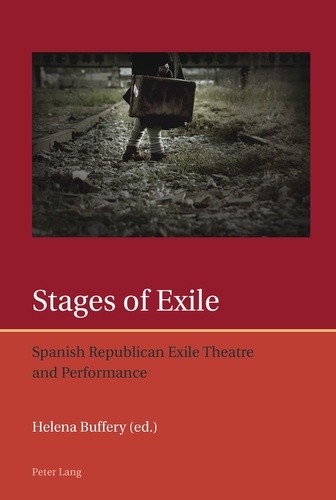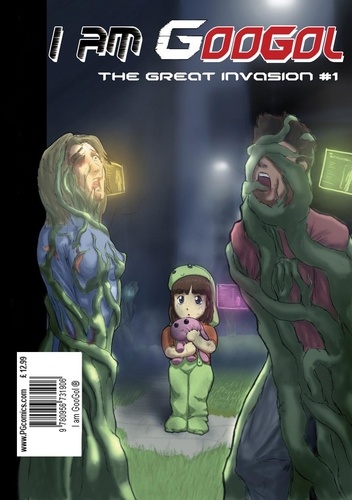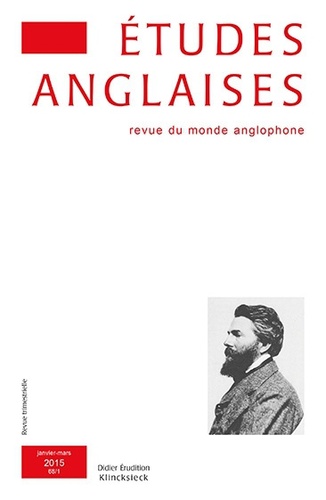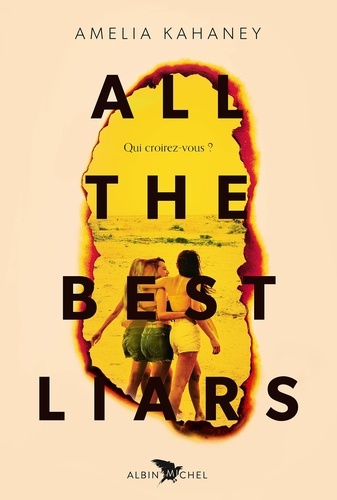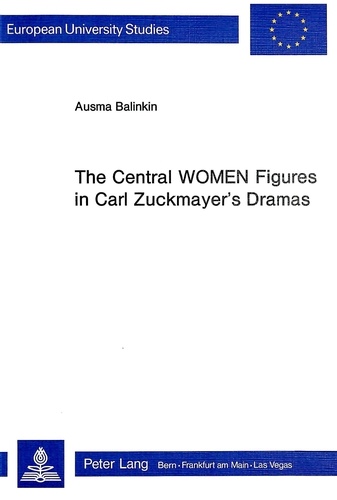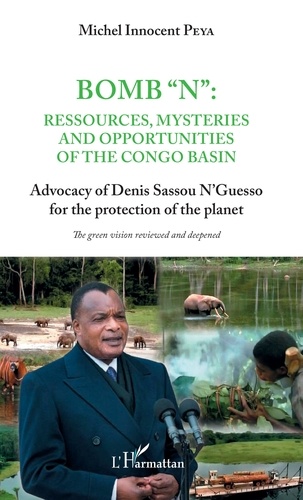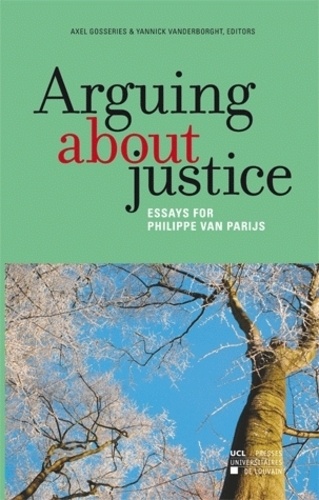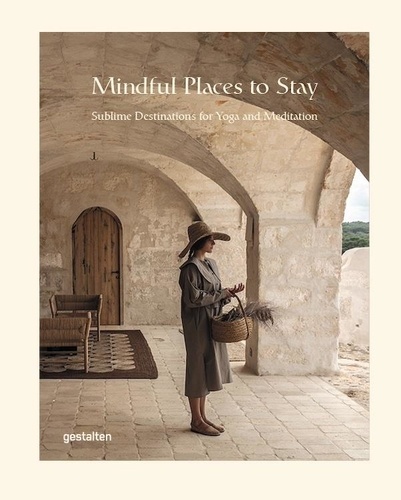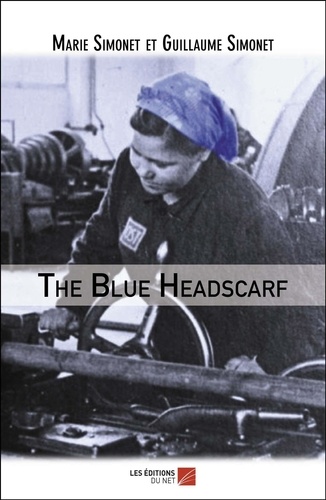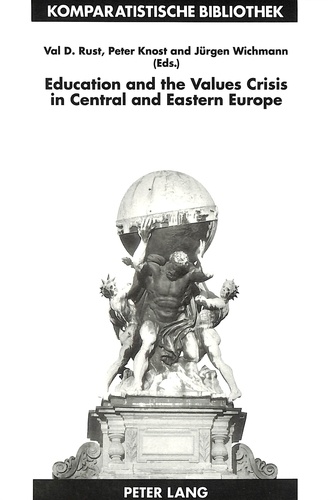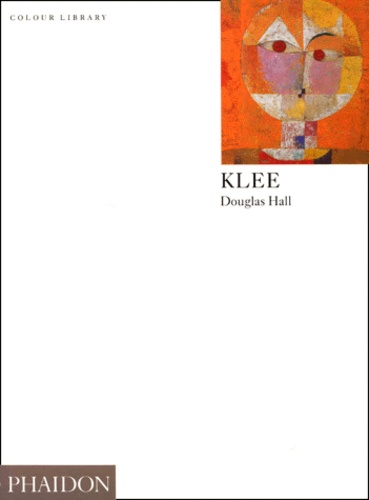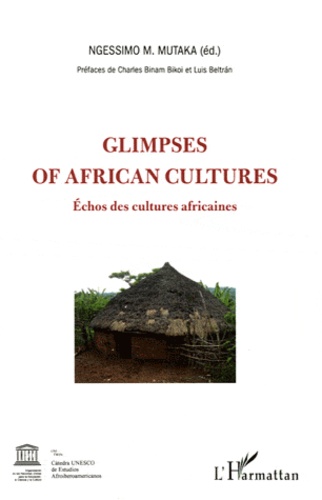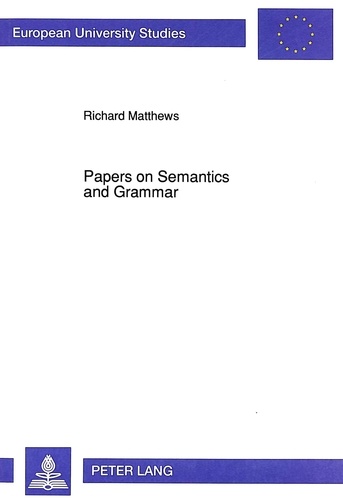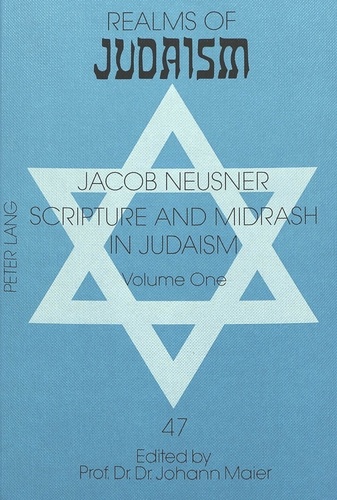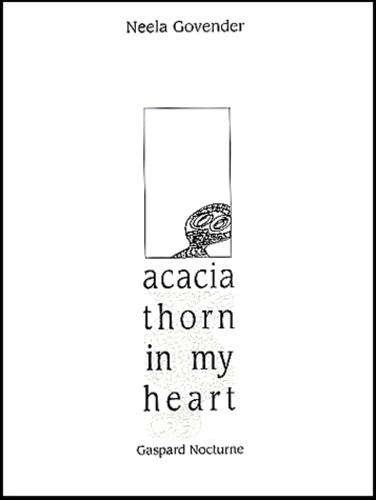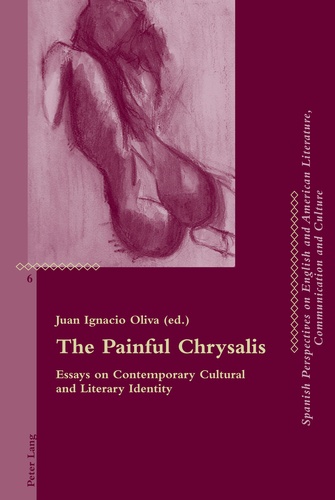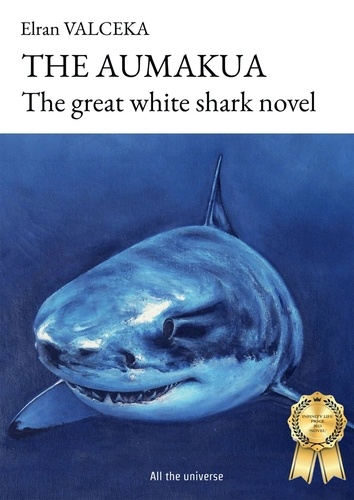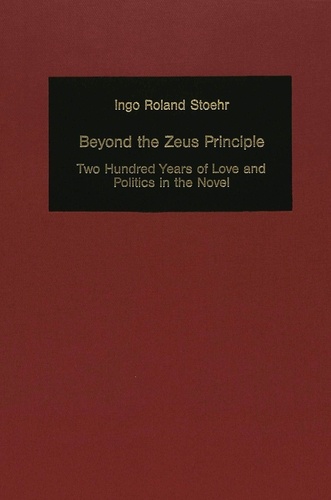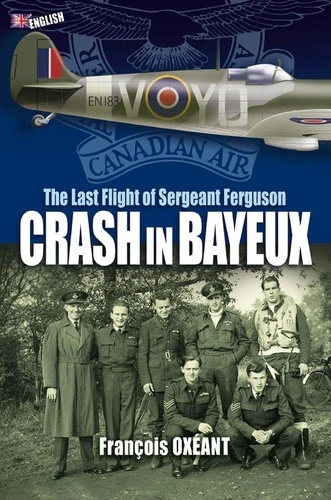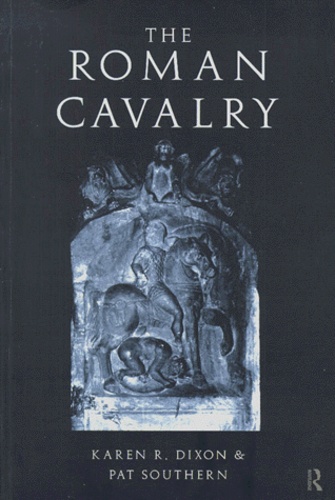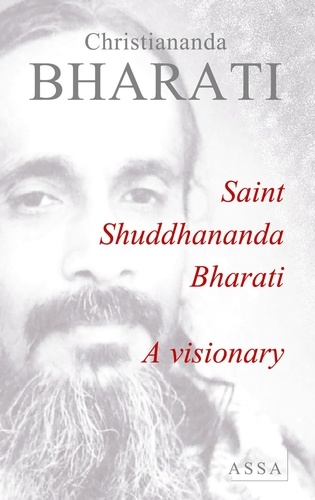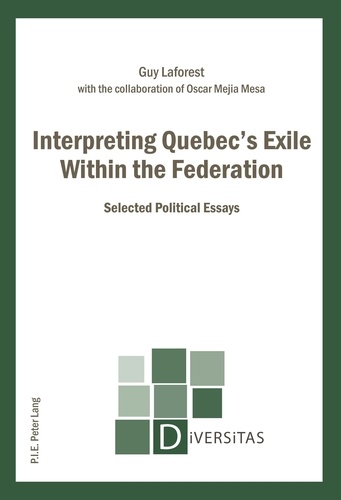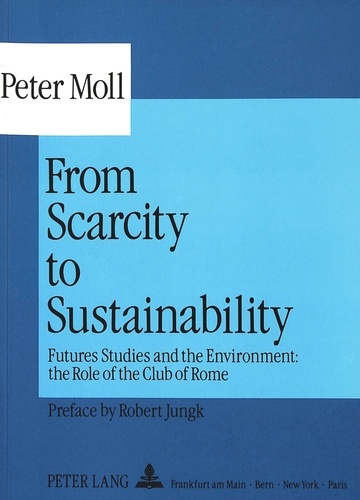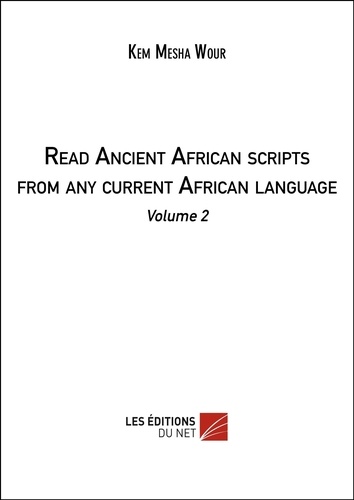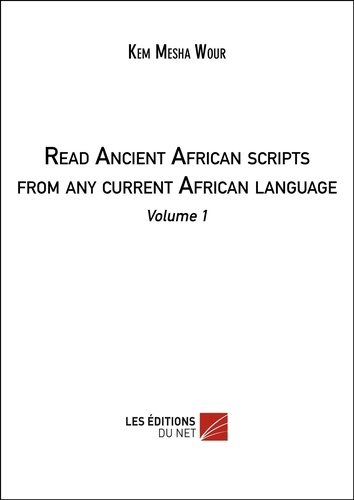Études anglaises - N°1/2015
Agnès DERAIL-IMBERT Eros et Arès : les enfants de la guerre dans Billy Budd, Sailor de Melville Cette étude se propose de lire Billy Budd, Sailor comme une fable juridique qui dramatise, dans un double contexte de guerre et de mutinerie, le conflit entre la violence d'une innocence exceptionnelle (Billy) et celle du mal absolu (Claggart). L'une et l'autre, hors la loi, recèle une menace insurrectionnelle que la souveraineté politique (celle du capitaine Vere), pour se maintenir, doit réprimer. Le jugement de Vere - l'exécution de Budd -, s'exerçant au nom de la violence légale, met en oeuvre une stratégie qui enrôle la puissance cohésive d'Eros au service de la loi mar- tiale, dans une opération qui vise à naturaliser et à sublimer la violence arbitraire de l'état d'exception. Against a backdrop of war and mutiny, Billy Budd, Sailor can be read as a juridical drama staging the conflict between the exceptional violence of utmost innocence (Billy's) and that of absolute evil (Claggart's). Both infringe the law and both are pregnant with a threat of insurrection which political sovereignty (captain Vere's) must eradicate for the sake of its own integrity. Vere's sentence condemning Budd to death in the name of legal violence partakes of a complex strategy whose aim is to summon Eros's cohesive power in order to buttress martial law and to naturalize and sublimate the arbitrary violence of the state of exception. Michael GILLESPIE The Picture of Dorian Gray as a Postmodern Work Despite the wide range of interpretative approaches to The Picture of Dorian Gray that have appeared since its publication, all seem to assume that a particular set of values or beliefs-traditional Judeo-Christian morality, cultural attitudes, nationa- list dispositions, or queer inclinations-is integral to Wilde's narrative. This essay challenges the value of any metaphysical reading by asserting that the world of The Picture of Dorian Gray is delineated in strictly physical terms and so is best as a Post-Modern work. Through close reading, this essay shows key points in the narrative that highlight the absence of all values and that underscore the view that characters behave according to strictly material considerations. In the end the essay concludes that Wilde presents a world as grim and bleak as anything found in the works of Samuel Beckett. Malgré les nombreuses interprétations dont a fait l'objet The Picture of Dorian Gray depuis sa publication, tous les critiques semblent penser qu'un ensemble de valeurs ou de croyances-qu'il s'agisse de la morale judéo-chrétienne, de positions culturelles, de dispositions nationalistes ou de l'homosexualité-fait partie inté- grante du roman de Wilde. Cet essai remet en question la pertinence de toute lec- ture métaphysique en affirmant que le monde de The Picture of Dorian Gray est délimité en termes strictement physiques et que l'on ici affaire plutôt à une oeuvre post-moderne. En se fondant sur une lecture détaillée, cet essai montre que des points-clés dans le récit mettent en évidence l'absence de toute valeur et soulignent l'idée que les personnages se comportent en fonction de considérations purement matérielles. En conclusion, cet article souligne que Wilde donne à voir un monde aussi sombre que celui de Samuel Beckett. Christopher S. NASSAAR Hidden Meanings and the Failure of Art : Wilde's A Woman of No Importance Complexity is the hallmark of Oscar Wilde's mature works. From "Lord Arthur Savile's Crime" through The Picture of Dorian Gray and Salome, there is an incre- dible amount of complexity wherever we look. When we reach A Woman of No Importance, however, the complexity apparently disappears, and the play is usually read as a conventional Victorian melodrama. A deeper look at the play reveals veiled references to Farquhar, Hawthorne, Arbuthnot and Baudelaire. The refe- rences point to a deep hidden meaning in the play. Traced carefully, they reveal Mrs. Arbuthnot as a deeply corrupt woman who is unaware of the dark recesses of evil within herself. Unfortunately, this suppressed undercurrent of meaning is too dee- ply buried and very difficult to detect, which has led people in general to accept the surface meaning as the true one. The play is thus a stylistic failure, although its veiled thematic content is quite profound. La complexité caractérise les oeuvres d'Oscar Wilde, de "Lord Arthur Savile's Crime" jusqu'à The Picture of Dorian Gray et Salome, alors que, dans A Woman of No Importance, celle-ci paraît moins évidente, la pièce étant le plus souvent lue comme un mélodrame victorien conventionnel. Cependant, si on analyse la pièce de plus près, on y décèle des références voilées à Farquhar, Hawthorne, Arbuthnot et Baudelaire. Celles-ci soulignent qu'il y a dans la pièce un sens caché, et une analyse détaillée révèle que Mrs Arbuthnot est en fait une femme corrompue et inconsciente du mal tapi en elle. Malheureusement, parce que celui-ci est profondément enfoui, on s'en est souvent tenu à une lecture superficielle de la pièce. Celle-ci est donc, en un sens, un échec stylistique en dépit de sa profondeur thématique. Nathalie SAUDO-WELBY Narratorial authority in Sarah Grand's Beth Book (1897) The Beth Book, a partly autobiographical narrative, is a feminist Bildungsroman told in the third person. Historical, religious and scientifc discourses combine to give authority to the narrator's vision of Beth, so that the narrator is fnally in a position to award Beth the title of female genius. Yet, very little is said of the con- tent of Beth's "art for man's sake ;" the title and the content of her non-fction book are not described ; and the novel's last words are the name of her "Knight, " a writer who believes in woman's genius to reveal man's own. Avoiding the most direct form of didacticism, Sarah Grand has shifted the emphasis away from Beth's message to women to the narrator's work of authorizing Beth to progress to her position of public speaker. In the process, this narrator is given a historical consciousness and a sex. The Beth Book est un roman d'apprentissage féministe au contenu en partie auto- biographique. Fondant son autorité sur une analyse historique et un discours reli- gieux et scientifque, l'instance narrative fnit par octroyer à Beth le titre de génie féminin. Pourtant, un vide entoure le contenu de "l'art pour l'homme" de Beth ; de son ouvrage, on ne sait ni le titre ni le contenu mais seulement qu'il ne s'agit pas de fction ; les derniers mots du roman sont le nom de son "Chevalier" , un écri- vain qui croit que le génie des femmes consiste à susciter celui des hommes. Tout en évitant les formes de didactisme les plus directes, Sarah Grand a placé au centre de son roman engagé la tâche de la narratrice omnisciente qui va faire progresser Beth en position d'orateur de génie. Au cours de ce processus, la narratrice acquiert une conscience historique et un sexe. Pierre LONGUENESSE Yeats et le mélange des genres : du texte à la scène Dans le projet de "théâtre de l'imagination" formulé par Yeats dès 1890, le Verbe poétique est porteur d'un pouvoir visionnaire, par la performativité de son énoncia- tion concrète portée par le corps de ce que l'on n'appelle pas encore, avec Georges Banu, un "acteur-poète" . Ce projet fait de l'écriture dramatique un objet multi- forme, où le drame n'a de sens que mis en tension par ce qui le "menace" dans sa pureté générique : la narration, le chant, la danse. ll conduit le dramaturge vers des collaborations audacieuses sur les scènes de ses créations, entre musiciens, compo- siteurs, et danseurs. En somme, loin de "menacer" son théâtre, ces figures d'un "hors-champ" artistique sont ce qui en constitue l'expression par excellence, puisque, par le théâtre, est dévolu au verbe le pouvoir extra-ordinaire de faire sur- gir, par sa physicalité propre, aussi bien le souffle du chant que le rythme du corps dansant. In the "Theatre of Imagination" conceived by Yeats in the 1890s, the poetic Verb is given the power to create visions through the concrete physicality of its uttering by the performing body of what Georges Banu will later call an "acteur-poète". This project transforms dramatic writing process into the creation of a multiform object, in which the issue of the drama is brought out by the tension between oppo- site mediums : theatre on the one hand, singing, dance, tale on the other hand... This exploration involves Yeats in original collaborations on stage with composers, musicians, and dancers. In short, these manifestations of an artistic "hors-champ, " far from threatening the drama, become on the contrary the core of its expression, as a new power is, on stage, devoted to the Verb : the extra-ordinary power to arise the pneuma of singing as well as the rhythm of the dancing body. Anne MOUNIC "To tell and be told" : war poetry as the "transmission of sympathy" War poetry raises a paradox : the destructive collective imposition which weighed upon each soldier during the Great War triggered off new individual awareness and led to a questioning of the values that had prevailed until then, and notably idealis- tic philosophy. Discussing the paradox, we shall oppose tragedy and the individual epic, catharsis and empathy, the choice of death and the choice of life. The Great War writings will be placed in their literary and philosophical context, before and after. La poésie de guerre soulève un paradoxe : la contrainte collective de destruction qui pesa sur chaque soldat durant la Grande Guerre suscita une nouvelle conscience singulière, menant à un questionnement des valeurs et, notamment, de la philoso- phie idéaliste. Discutant ce paradoxe, nous opposerons la tragédie à l'épopée indi- viduelle, la catharsis à l'empathie, le choix de la mort à celui de la vie. Les écrits de la Grande Guerre seront placés dans leur contexte littéraire et philosophique, avant et après. Olivier HERCEND Cinema, the mind and the reader in Virginia Woolf's The Mark On the Wall Taking up David Trotter's Cinema and Modernism, this article emphasises the strong links that exist between Virginia Woolf's thoughts on cinema and the new techniques and notions that she develops in "The Mark on the Wall. " Indeed, her depiction of the mind's process fosters the image of a fragmented world, a succes- sion of images that come under no authoritative order or meaning : a mere mon- tage. But cinema also contains the promise of an artistic answer to the fragmentation of the modern condition. Through a renewal of textual co-operation, Woolf opens her reader to the possibilities of what I choose to call an "aesthetics of juxtaposi- tion. " Reprenant les idées exprimées dans Cinema and Modernism, de David Trotter, cet article relie la pensée de Virginia Woolf sur le cinéma aux techniques et aux notions nouvelles qu'elle développe dans "The Mark on the Wall" . De fait, en tentant de décrire le fonctionnement de l'esprit, elle fait naître l'image d'un monde fragmenté, une succession d'images qui ne tombent sous l'autorité d'aucun ordre ni d'aucune signification essentiels : en un mot, un montage. Mais le cinéma est également la source d'une réponse artistique à la fragmentation de la condition moderne. En renouvelant les modalités de la coopération textuelle, Woolf ouvre son lecteur aux possibilités d'une "esthétique de la juxtaposition" . Antonia RIGAUD Les Europeras de John Cage : de l'opéra au cirque Cet article interroge le rapport ambigu qu'entretint John Cage avec le théâtre tout au long de sa carrière. Influencé très tôt par Artaud et Stein, il ne cesse de faire référence au théâtre et conçoit son art comme une réflexion sur la théâtralité et la notion de performance. Ses Europeras, à la fin de sa carrière, permettent de mettre en avant la manière dont il a cherché à la fois à inscrire ses expérimentations artis- tiques dans le champ théâtral tout en faisant sortir le théâtre des codes mêmes de la scène. La place centrale que Cage donne au théâtre, bien qu'il ne produise que de très rares oeuvres théâtrales, témoigne de son désir de penser le théâtre non pas en tant que médium mais en tant que lieu d'expérimentation. This article addresses John Cage's ambiguous relationship with theatre throughout his career. Influenced early by Artaud and Stein, he often referred to theatre and understood his own art project as a reflection on theatricality and performance. The Europeras, written late in his career, testify to his attempt to associate his artistic experimentation with theater while pushing on the limits of theatre. The prominent position Cage gave to the theatre in contrast to the rarity of his theatrical work pieces is emblematic of his ambition to re-think the theatre as a locus of experimentation.
09/2015
